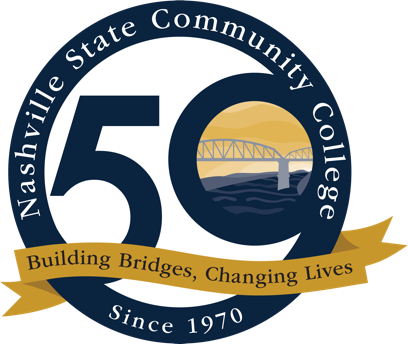Philosophy of Education
I take much of my educational philosophy from Eric Jensen, a proponent of brain-based teaching and learning, Lynn Stoddard, John Dewey, John Carroll, Benjamin Bloom, Jerome Bruner, and Lev Vygotsky. I believe good education is student-centered. It should factor in individual differences and diversity. Normally, all students can learn. The difference is in their learning rates. Whenever possible, learning activities should be structured so that students can progress at their rate of learning and master the curriculum. I agree with deep, engaging, and challenging learning. I think that less higher-order learning is better than more lower-order rote memorization of information and drill and practice—though lower-order learning of information can be important as a prerequisite to higher-order learning. Ideally students should be intrinsically-motivated, disciplined, creative, and cooperative and possess excellent problem solving and critical thinking skills. The arts, movement, strong standards, authentic assessment, and student choice are elements of a good education. The curriculum should empower students with the abilities to learn independently and in groups, to think, to lead, and to communicate. An ideal education integrates technology and multicultural education across the curriculum. Students learn when their curiosity is satisfied. Experience is the best teacher. Students learn by doing, reflecting on their experiences, and writing about them. Learning activities should take these things into account. Effective learning oftentimes includes a social element. The interaction among students and instructors can be critical to the student's development. I agree with the constructivist learning approach. Learners construct knowledge by working to solve realistic problems in collaboration with others. The curriculum should put emphasis on open-mindedness, cooperation, and human dignity.



